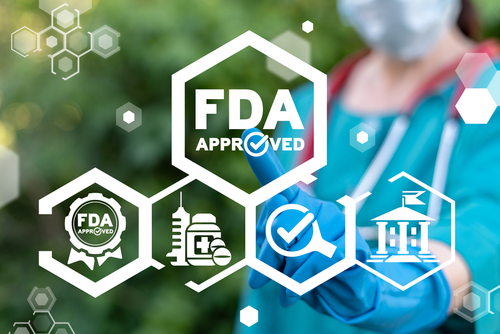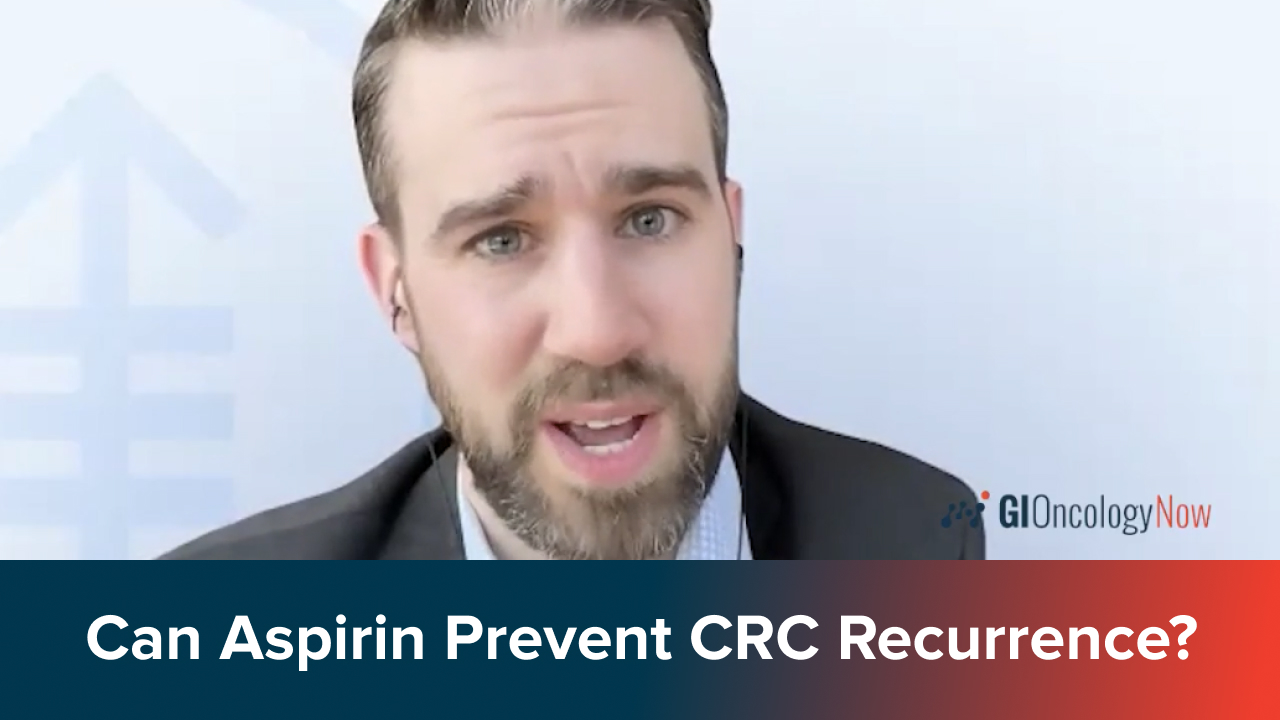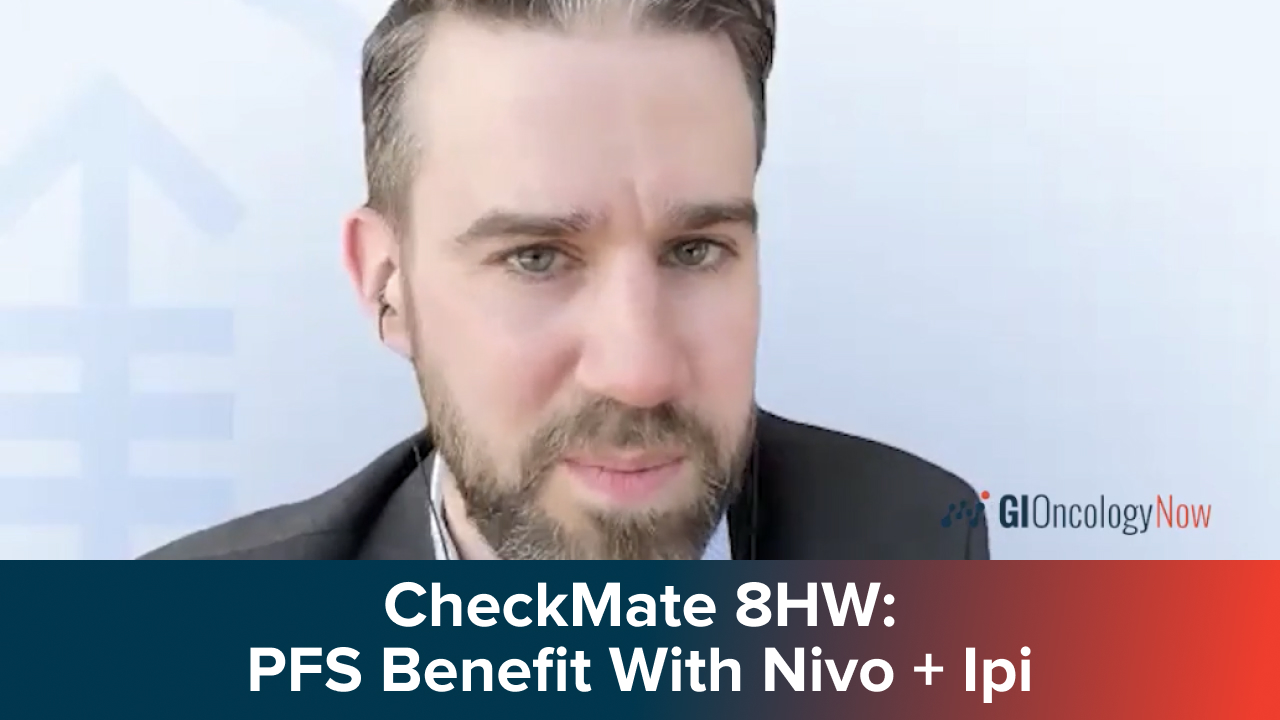
The FDA has approved nivolumab and hyaluronidase-nvhy (Opdivo Qvantig, Bristol Myers Squibb) for subcutaneous injection for all solid tumors for which nivolumab is indicated as a monotherapy, monotherapy maintenance after completion of nivolumab plus ipilimumab, or in combination with chemotherapy or cabozantinib.
Included indications in this latest approval are renal cell carcinoma (RCC), melanoma, non-small cell lung cancer, head and neck squamous cell carcinoma, urothelial carcinoma, colorectal cancer, hepatocellular carcinoma, esophageal carcinoma, gastric cancer, gastroesophageal junction cancer, and esophageal adenocarcinoma.
Of note, the combination of nivolumab and hyaluronidase-nvhy is not approved for administration with intravenous ipilimumab.
Approval came after publication of the results of the CheckMate 67T, a multicenter, randomized, open-label trial of 495 patients with advanced or metastatic clear cell RCC who received either subcutaneous nivolumab and hyaluronidase-nvhy or intravenous nivolumab. CheckMate 67T sought to assess the nivolumab exposure of subcutaneous administration of nivolumab and hyaluronidase-nvhy compared with intravenous nivolumab, as well as overall response rate (ORR).
Researchers found that the ORR was 24% (95% CI, 19-30) in the subcutaneous nivolumab and hyaluronidase-nvhy arm and 18% (95% CI, 14-24) in the intravenous nivolumab arm. Similar safety profiles were found in the two treatment arms.
The recommended dosage is any of three options:
- 600 mg nivolumab and 10,000 units hyaluronidase every two weeks
- 900 mg nivolumab and 15,000 units of hyaluronidase every three weeks
- 1,200 mg nivolumab and 20,000 units hyaluronidase every four weeks until disease progression or unacceptable toxicity
“This approval of subcutaneous nivolumab gives our patients a new option that can deliver consistent efficacy and comparable safety expected from intravenous nivolumab, and offers a patient-centric treatment experience,” said Saby George, MD, FACP, medical oncologist and director of network clinical trials at Roswell Park Comprehensive Cancer Center, in a press release. “Opdivo Qvantig offers faster administration, delivered in 3-5 minutes. It may allow patients, in consultation with their doctors, to choose another treatment method and the flexibility to receive treatment closer to home.”
Nivolumab and hyaluronidase-nvhy will be available in January 2025.







 © 2025 Mashup Media, LLC, a Formedics Property. All Rights Reserved.
© 2025 Mashup Media, LLC, a Formedics Property. All Rights Reserved.